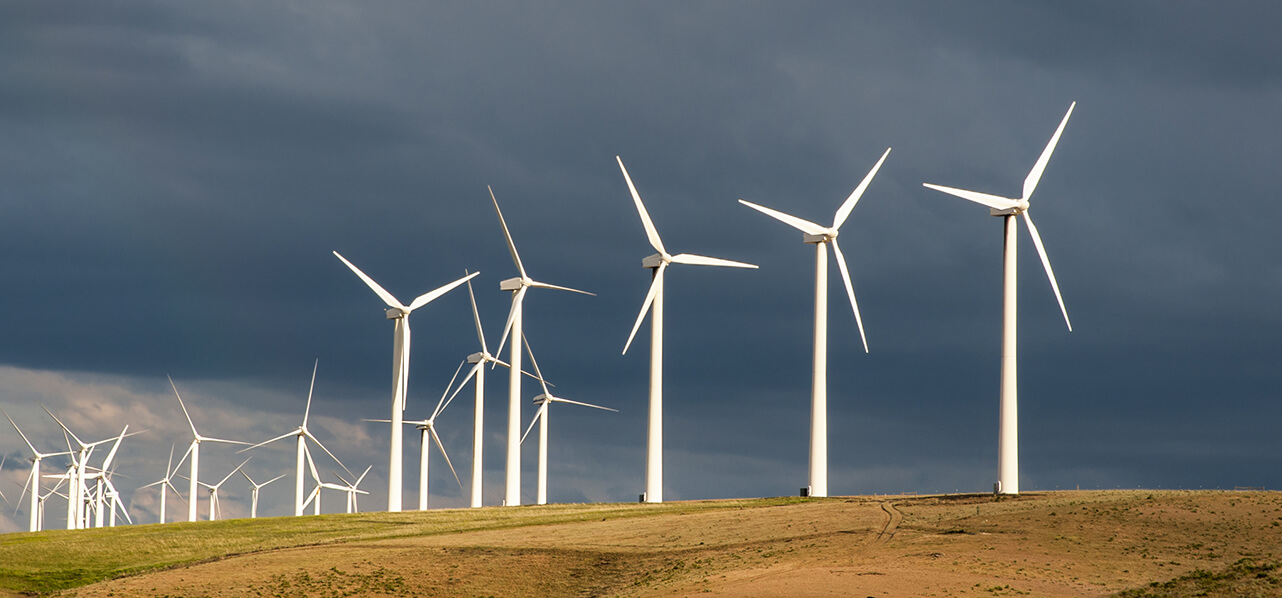The coronavirus pandemic is currently turning the entire world upside down and each and every market is experiencing its impact. The German electricity market is no exception. Other issues caused by the spread of the coronavirus may also affect German renewables projects, such as delays in permitting and tender proceedings, and limitations on the free movement of persons. In this briefing, we explore the following topics: (1) the effects of falling market prices under direct marketing agreements and PPAs; (2) tender proceedings at the Federal Network Agency; and (3) free movement of technical staff.
For a more general overview of key potential practical and legal considerations facing developers and sponsors across the lifecycle of European renewable power projects, please see our briefing “Renewables in the Time of Coronavirus”.





